The UK's YouTubers, TikTok creators and Instagram influencers have been surveyed on mass for the first time ever, and are demanding formal recognition from the government.
The creator economy in the UK is thought to employ around 45,000 people and contribute over £2bn to the country in one year alone, according to the new research by YouTube and Public First.
But, despite all that value, its workers say they feel underappreciated by the authorities.

"If you look at the viewership, our channel is not too different from a big media company," said Max Klymenko, a content creator with more than 10 million subscribers and half a billion monthly views on average.
"If you look at the relevancy, especially among young audiences, I will say that we are more relevant. That said, we don't really get the same treatment," he told Sky News.
Fifty-six per cent of the more than 10,000 creators surveyed said they do not think UK creators have a "voice in shaping government policies" that affect them.
Only 7% think they get enough support to access finance, while just 17% think there is enough training and skills development here in the UK.
Nearly half think their value is not recognised by the broader creative industry.
The creative industries minister, Sir Chris Bryant, said the government "firmly recognises the integral role that creators play" in the UK's creative industries and the fact that they help "to drive billions into the economy" and support more than 45,000 jobs.
"We understand more can be done to help creators reach their full potential, which is why we are backing them through our new Creative Industries Sector Plan," he said.
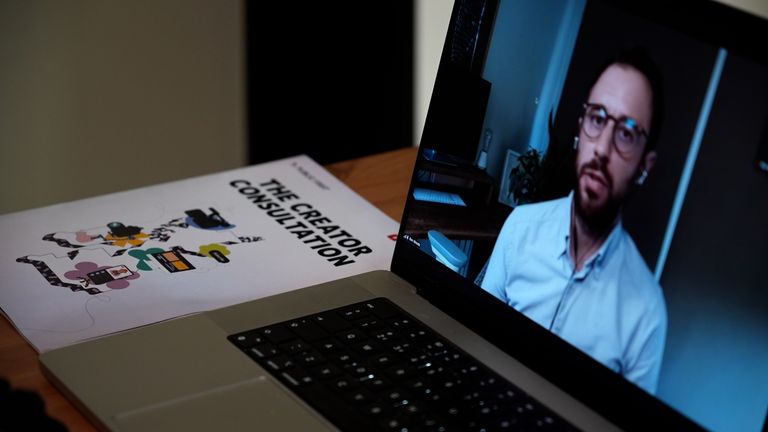
"The UK has got a fantastic history of supporting the creative industries," said Ben Woods, a creator economy analyst, Midia Research who was not involved in the report.
"Whether you look at the film side, lots of blockbuster films are being shot here, or television, which is making waves on the global stage.
"But perhaps the government needs to broaden that lens a little bit to look at just what's going on within the creator economy as well, because it is highly valuable, it's where younger audiences are spending a lot of their time and [the UK is] really good at it."
Read more from Sky News:
Trump says 'very wealthy group' has agreed to buy TikTok in US
Major porn sites to introduce 'robust' age verification in UK
According to YouTube, formal recognition would mean creators are factored into official economic impact data reporting, are represented on government creative bodies, and receive creator-specific guidance from HMRC on taxes and finances.
For some, financial guidance and clarity would be invaluable; the 'creator' job title seems to cause problems when applying for mortgages or bank loans.
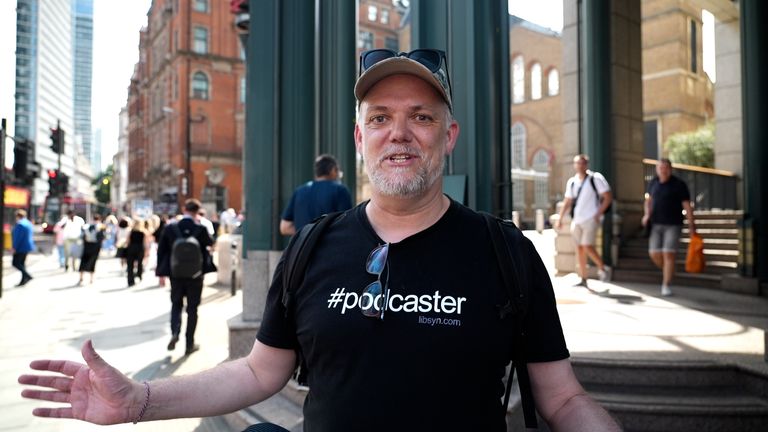
"It's really difficult as a freelancer to get things like mortgages and bank accounts and credit and those types of things," said podcaster David Brown, who owns a recording studio for creators.
"A lot of people make very good money doing it," he told Sky News.
"They're very well supported. They have a lot of cash flow, and they are successful at doing that job. It's just the way society and banking and everything is set up. It makes it really difficult."
The creative industries minister said he is committed to appointing a creative freelance champion and increasing support from the British Business Bank in order to "help creators thrive and drive even more growth in the sector".
The government has already pledged to boost the UK's creative industries, launching a plan to make the UK the number one destination for creative investment and promising an extra £14bn to the sector by 2035.
These influencers want to make sure they are recognised as part of that.

 16 hours ago
5
16 hours ago
5


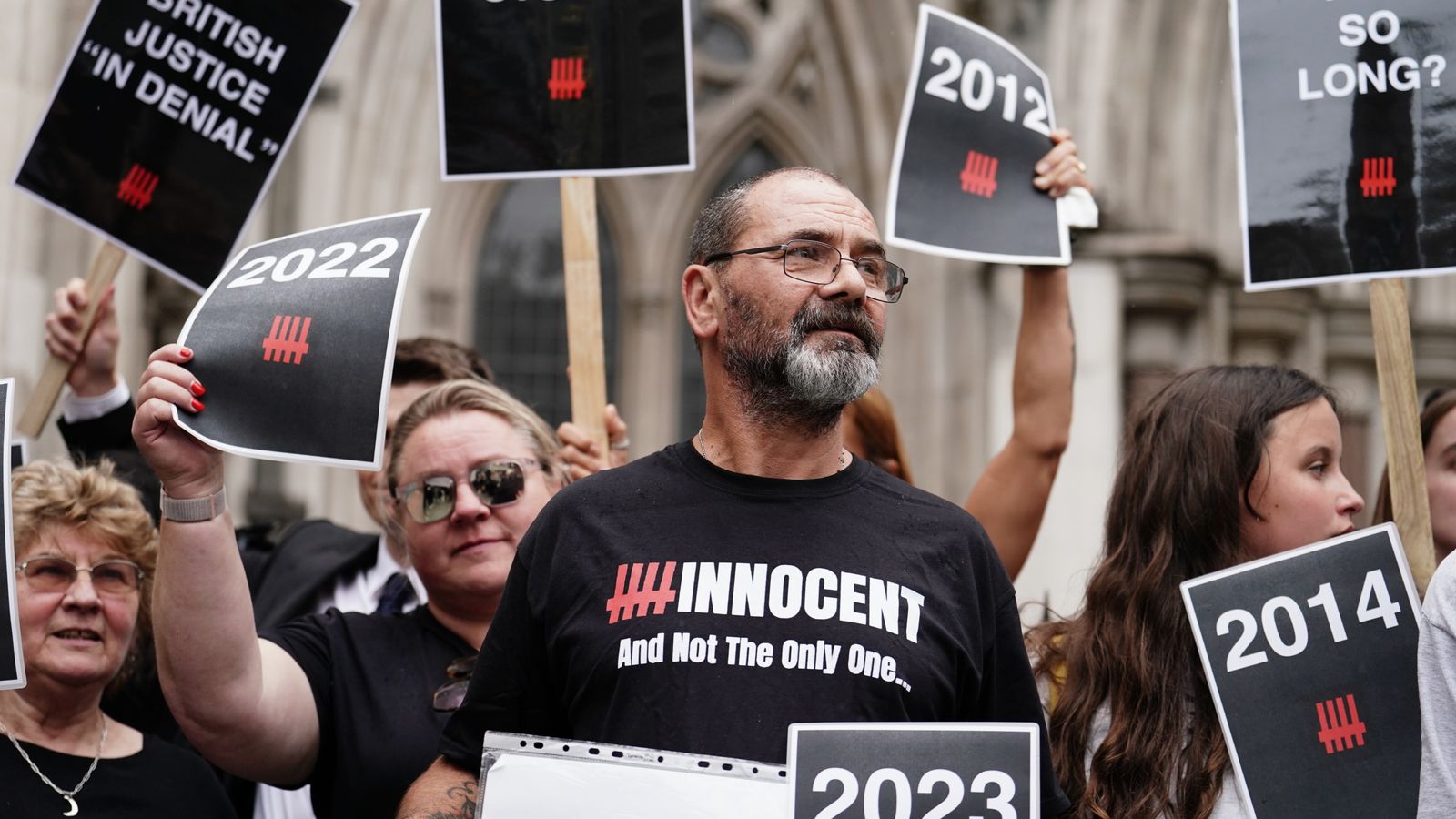


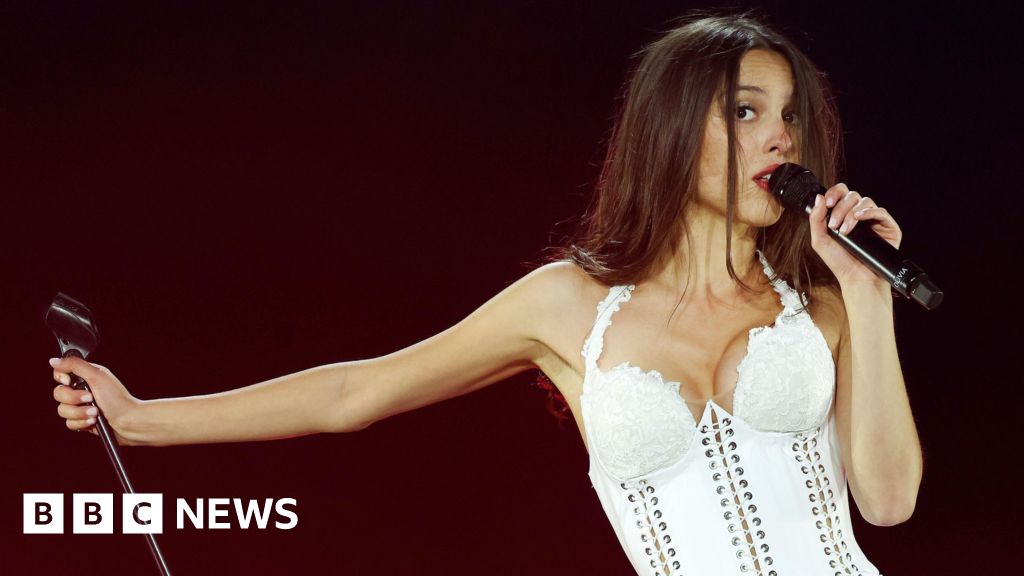


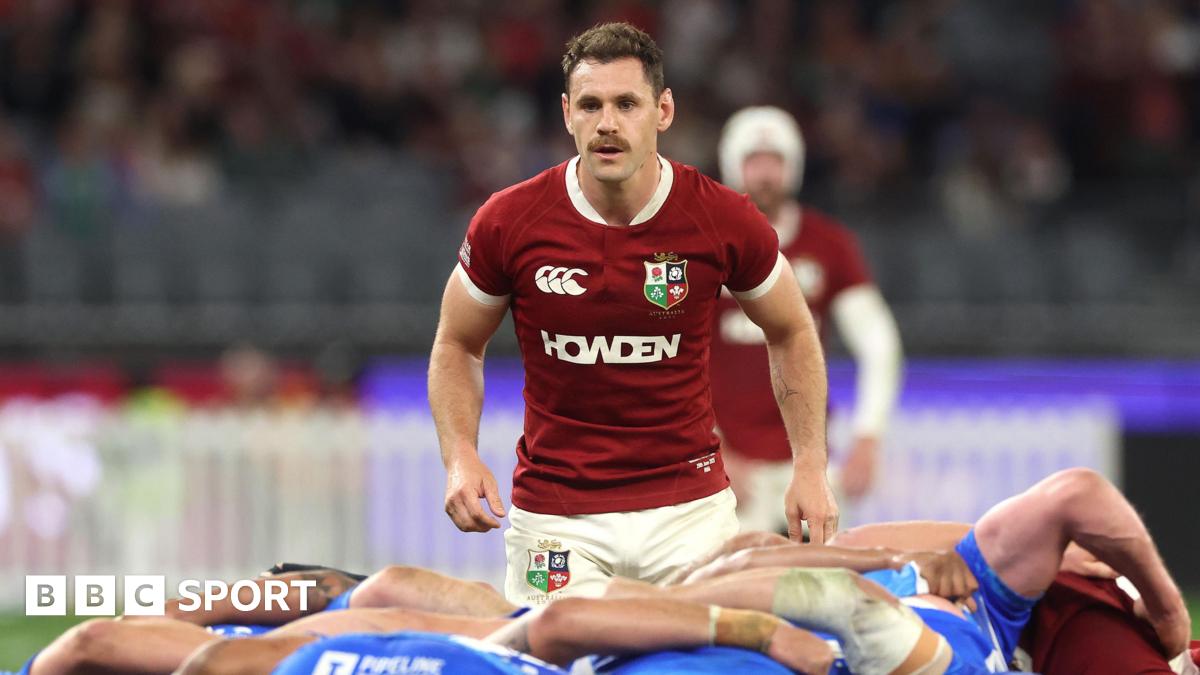

 English (US)
English (US)